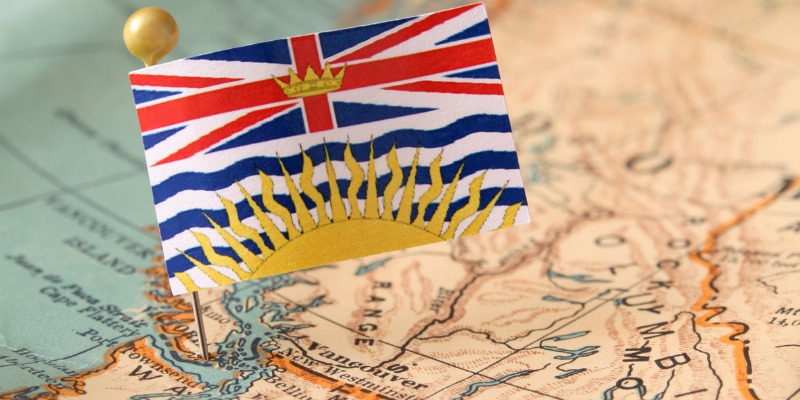B.C. government should help create genuine ‘growth’ and reduce taxes

The Eby government, which will table its budget on Feb. 28, recently announced a $1 billion “growth fund” to be paid for from the province’s $5.7 billion projected surplus. This fund creates a pool of money for “infrastructure grants” for municipalities around British Columbia.
There are good reasons to be skeptical this plan will do much in the long-run to drive economic growth. The money to be made available to municipalities is meant to support growth-enhancing infrastructure, but the definition of this concept has been stretched beyond recognition. Cities will be free to use the money for arenas and recreational facilities. These projects may or may not be worthy, but it’s hard to make the case that they’re growth-enhancing. Unfortunately, governments often cram spending initiatives into the “infrastructure” category, as a way to suggest they constitute a prudent long-term investment.
So it’s unlikely the Eby government’s fund will be an efficient way to promote growth. But if growth is the goal, the government should focus on a much better and proven strategy of tax reform and relief, particularly given that B.C.’s corporate and personal tax rates are uncompetitive compared to many of its neighbours with whom it competes for investment and talent.
When it comes to business taxes, B.C. has a longstanding tax competitiveness problem. In fact, a recent study found that once all relevant taxes are included, B.C. had the highest marginal effective tax rate on investment in Canada.
A big reason for B.C.’s uncompetitive business taxes is its poorly designed provincial sales tax, which is different than most other provinces in that it applies to business inputs such as new equipment and construction material. This feature pushes B.C.’s marginal effective tax rate higher, discouraging investment.
B.C.’s business tax competitiveness challenge is nothing new. However, the provincial government has made matters worse in recent years with personal income tax hikes that have made the province less competitive in this area as well.
Specifically, the Horgan government increased B.C.’s top personal income tax rate from 14.7 per cent to 20.5 per cent. Combined with federal tax hikes in 2016, B.C.’s top combined income tax rate increased from 43.7 per cent in 2015 to 53.5 per cent today. The province now has the fourth-highest top personal income tax rate in Canada and the United States.
On top of this income tax increase, B.C.’s Employer Health Tax (EHT) also adds to the province’s tax competitiveness problem. The EHT raises the cost of hiring. And much of the cost of the EHT is passed along to taxpayers, reducing their take-home pay and contributing to B.C.’s relatively high tax burden on individuals.
Beyond weakening incentives for work and production for people already living and working in the province, higher personal income tax rates discourage entrepreneurs, businessowners and other professionals from moving to B.C. This is especially true given that neighbouring Alberta and several nearby U.S. states enjoy several tax advantages over B.C.
If the Eby government wants to encourage cities to build arenas and recreation centers, it should just say so rather than dressing up its new spending plans as a growth-enhancing initiative. If, however, the goal is actually to encourage investment and support stronger economic growth, it should reduce taxes on businesses and individuals in its upcoming budget.

